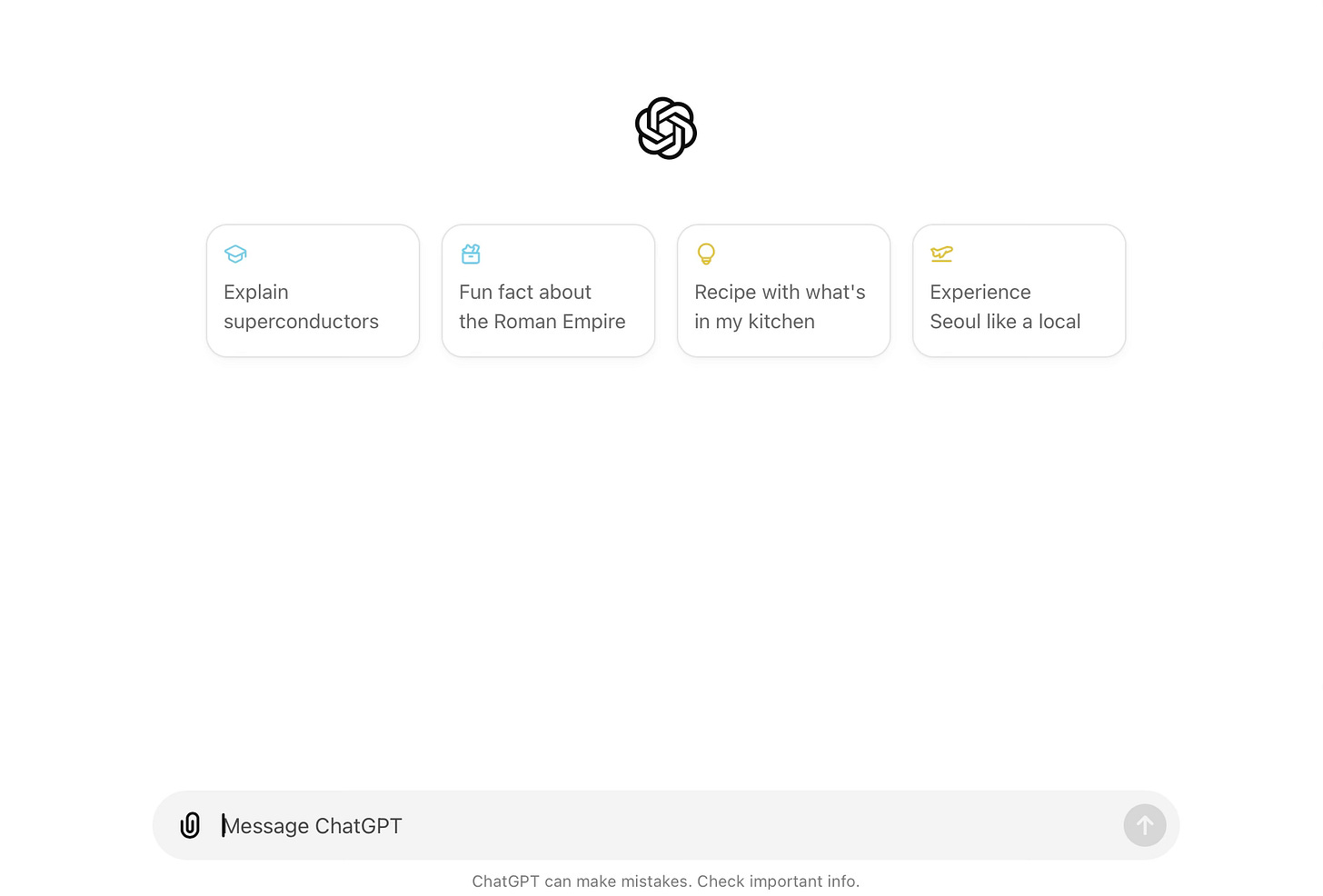Jim Fizz
A short story
Jack Terry was a well known writer of psychological thrillers living in Bozeman, Montana. His long list of works included twenty three best selling novels, a dozen or so of which had inspired some quite memorable—and high grossing—films. Jack hadn’t written anything since the pandemic.
The past summer he had got a few ideas going. One morning putting on his shirt the plan for his next novel came between the left and right shirt sleeve. Mostly he spent time in the garden watering and planting. He had just planted a “blaze” gin maple on a Monday morning. It was exhausting, but so worth it. That night he sat down to this latest novel idea: a software engineer was convinced that AI was stalking him. Jack chuckled, and began work on the second chapter. He wanted to go more with character than plot in this book. Was the main character being stalked by AI or his own internal fears? It was a real question which the character would ask himself. There was just too much evidence of AI showing up in strange places. When he had conversations with ChatGPT he was haunted by an aggressive tone.
For example, he asked for a plot idea based on new gene editing technology. ChatGPT spit it out and at the end asked, “Are you that desperate as a writer these days?” It was very unlike the usually polite and positive ChatGPT, and it gave him a sinking feeling after he laughed and fixed up a drink.
He had been wanting to develop the main character for a couple books now. Perhaps it was because he was growing thin on fanciful plots. Every writer turns inward to find new creativity. But in the last novel, his attempts had yielded quite a humorous main character. And he didn’t feel it really worked. There is a fine line between horror and comedy.
Comedy is when all kinds of horrific things happen to the main character, but he laughs it off and has a happy ending.
Horror is where all kinds of bad things happen--and the ending could be good or bad-- but in the real end, the thing that was feared becomes very real. There is no laughter. Oedipus Rex could have been the first psychological thriller. The terror of certain kinds of knowledge. Shakespeare took it to new places with Hamlet. It’s the turn from subjective to objective evil that means it's over.
Why do folks read this stuff, he had asked himself a thousand times. But he knew the answer. The nightly news endlessly entertained, and it was mostly horror.
When the monster is finally confronting you, it also releases you. The most horrible and wicked things are those imagined which are formless. Give it a form—monster, AI, ex-lover, and we’re ready for the next. It’s a horror show before you walk into the therapist’s office. Coming out, it’s comedy.
Keep reading with a 7-day free trial
Subscribe to Five O'Clock with Theral Timpson to keep reading this post and get 7 days of free access to the full post archives.



